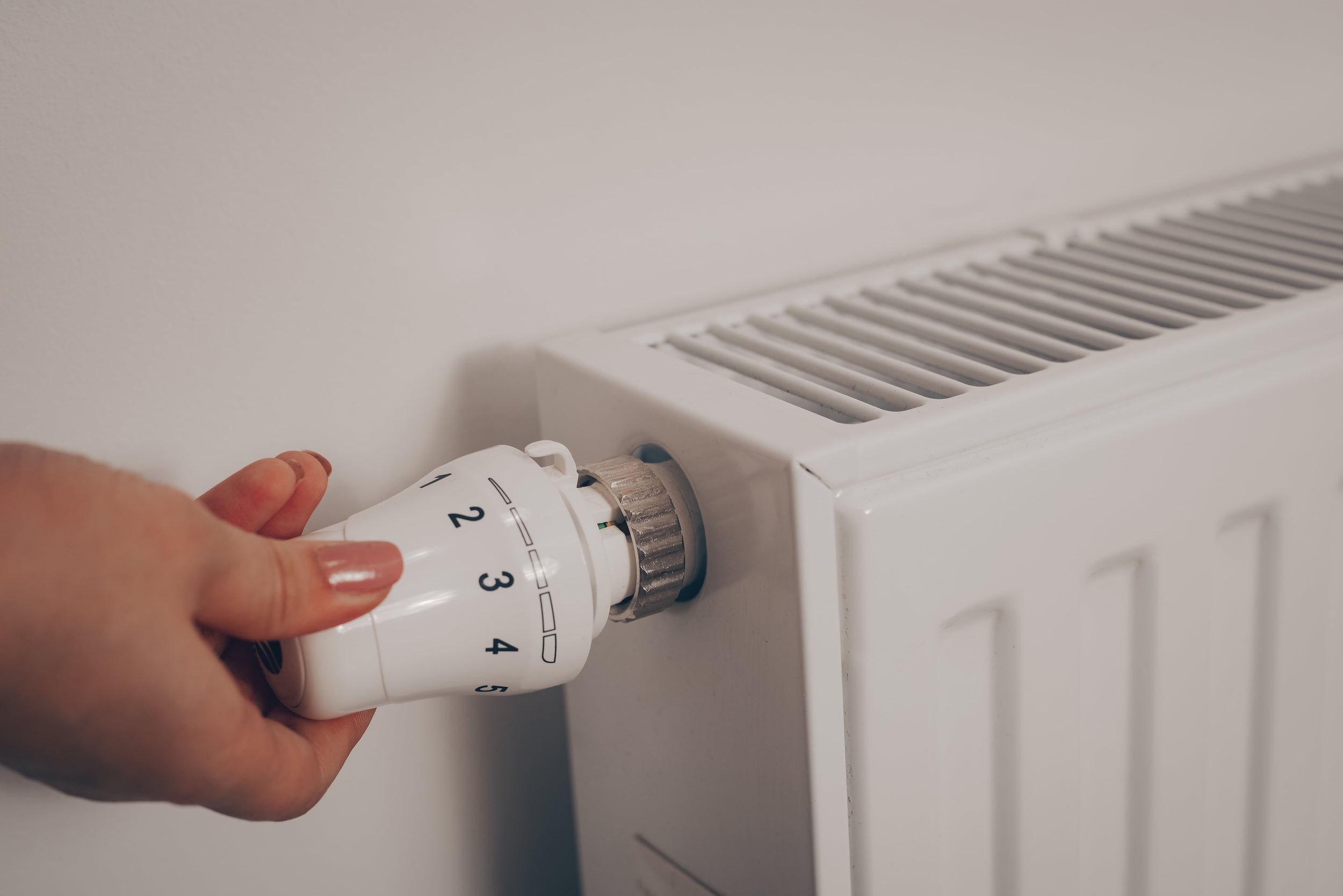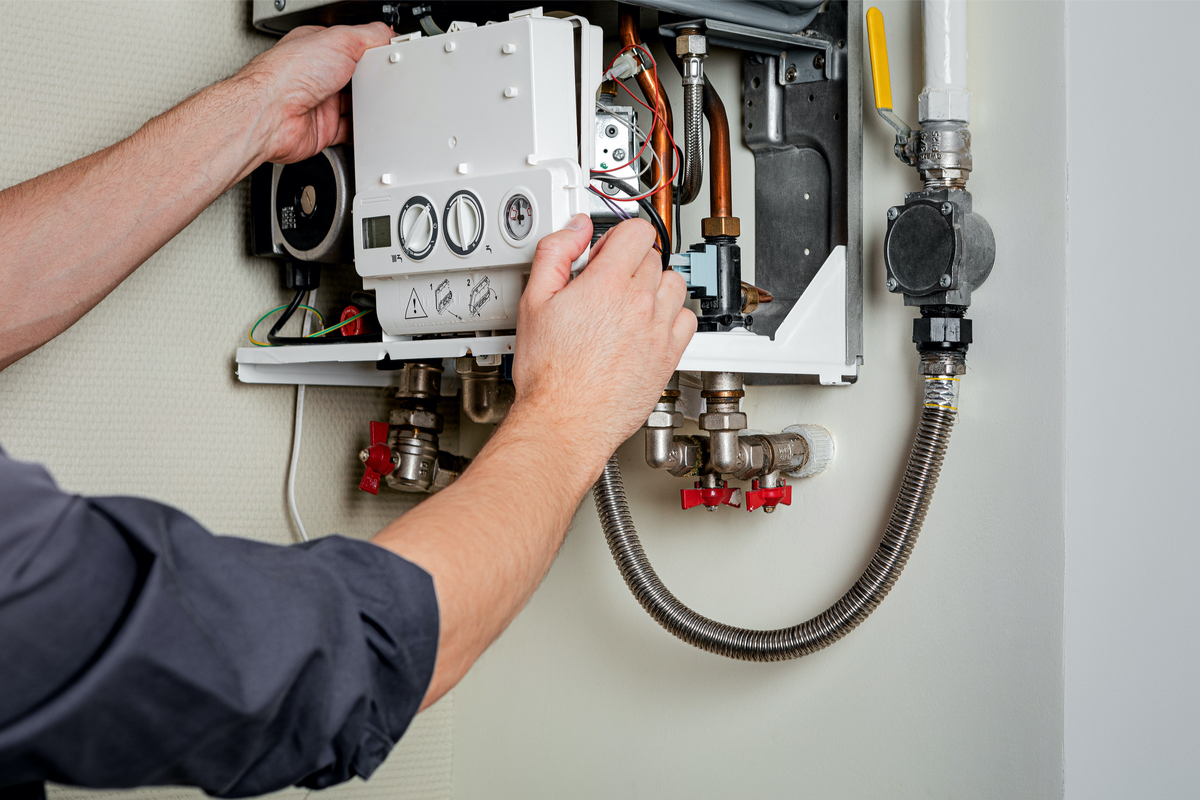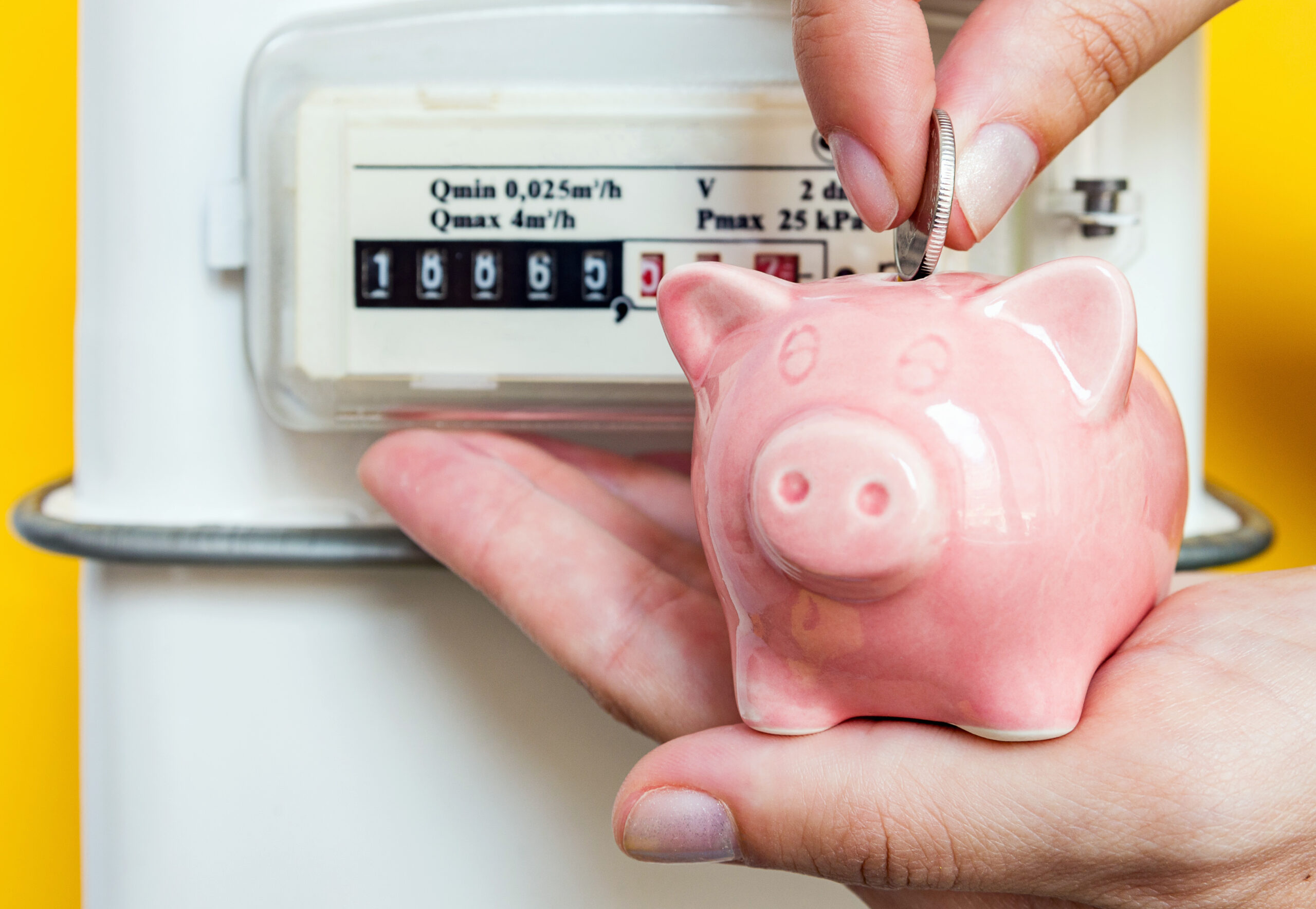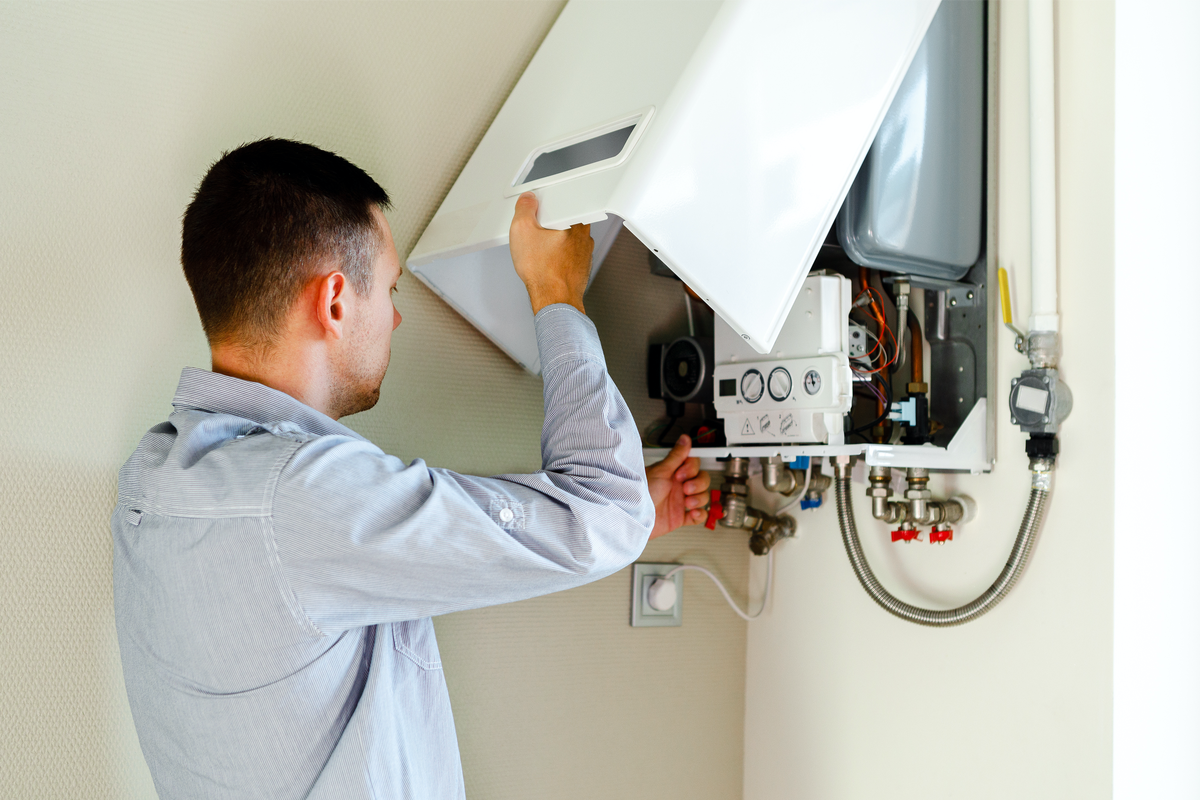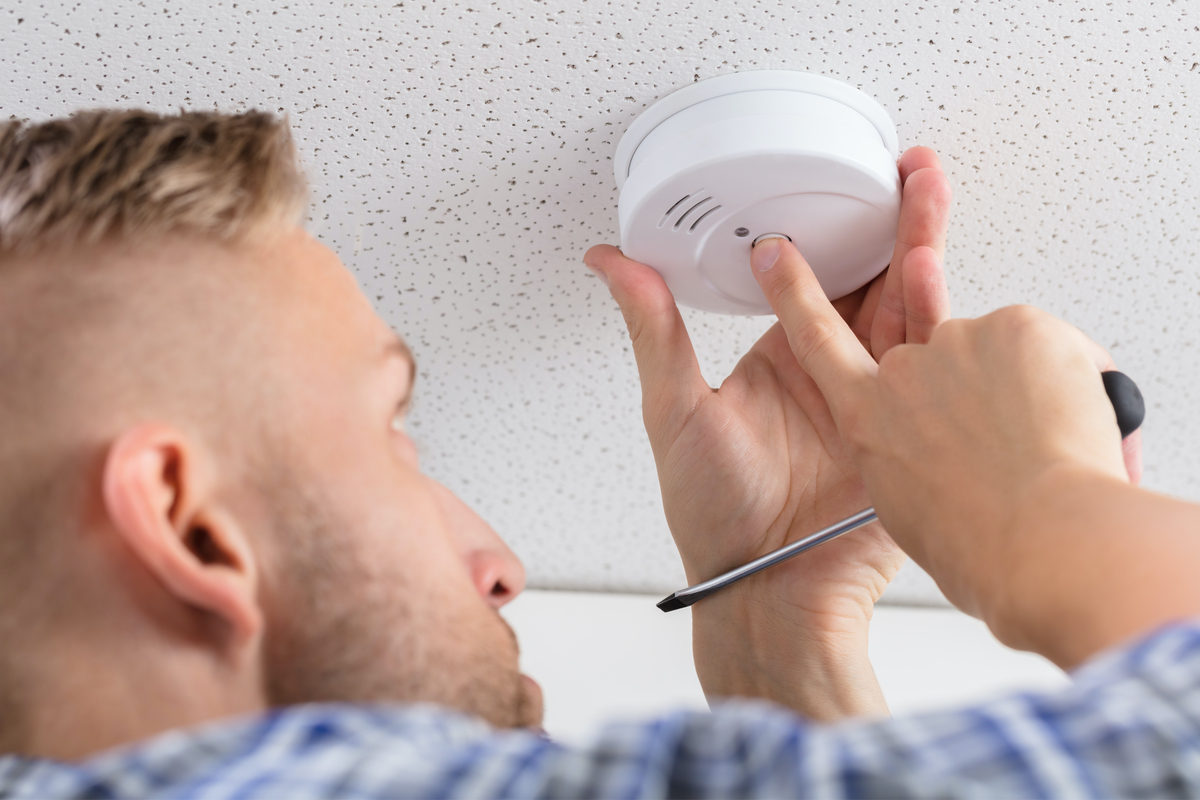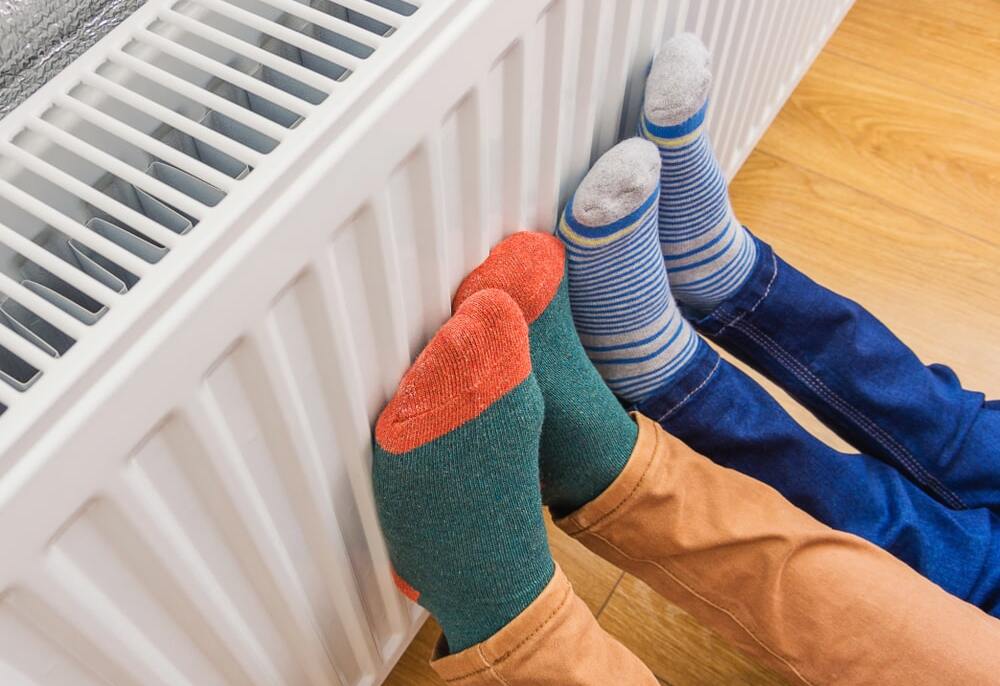
The days are getting longer, but they aren’t yet getting warmer. If you’ve had your central heating on over winter, you may have noticed your radiators aren’t quite operating at peak efficiency.
Even if your boiler appears to be working fine, you may find inconsistent patches on your radiators that differ from room to room. If you’ve realised that your radiators are cold at the bottom, don’t panic – you likely don’t need a full boiler repair!
You probably just need to flush out your system. Read on to find out how.
Cold radiators mean inefficient heating
If parts of your radiators are cold, then that means they are not operating at peak efficiency. Given the current cost of living crisis, this could cost you a significant amount of money, especially if you need to turn your boiler up in response to stay warm.
The most likely situation is that your radiator is hot at the top and cold at the bottom. If that’s the case, then the most probable cause is a build-up of sludge clogging your radiator. That sludge will be restricting or redirecting the flow of hot water around your system, resulting in cold spots where the sludge has settled.
The build-up of sludge is a natural and almost unavoidable part of traditional central heating systems, although there is no set rule as to how long it will take to become a problem. It is caused due to the slow erosion of the metal pipework over long periods of time.
What that means, however, is that a quick visit from a qualified boiler engineer can clear up your systems and get you back to full efficiency in no time!
Sludge can be removed through powerflushing
The main method of removing sludge from a central heating system is through a process called powerflushing, which uses a cleansing machine and magnetic filter to draw out the metallic compounds of the sludge.
This will help unclog the base of your radiators and allow for a more complete flow of hot water around the system. You can then fit a dirt separator or filter into your radiator system to help reduce the frequency of sludge build up and ensure the long-term operation of peak efficiency.
One of the best ways to tell whether you need to powerflush your heating system is to go to the radiator furthest from your boiler and place your hand at the top for a few seconds.
After that, place your hand at the bottom of the radiator for a few seconds. If it feels significantly colder, then it is likely to be at least partially blocked by sludge.
If this is the case, we can help.
Disclaimer: it’s not uncommon for your central heating to be cold at the bottom. Most radiators will naturally be warmer at the top by design, but the problem with sludge comes when the base of your radiator is significantly colder than the top and hardly producing any heat at all.
Butco can powerflush your radiators with one quick visit
Our powerflushing service can help maintain your central heating efficiency, using top of the range equipment and methods to result in a deep clean of your radiators. It will remove the sludge in your system and ensure that your central heating is operating at peak efficiency for longer.
Powerflushing is a quick, one-day job for one of our qualified engineers who will ensure that the system is operating at peak efficiency after completing the procedure.
This way, you can be sure that your central heating is operating at maximum efficiency, helping you reduce your boiler temperature, wastage, and as a result, expenditure.
Our powerflushing services start at just £540 for up to 10 radiators and will provide you with the peace of mind that your radiators will operate efficiently for years to come.
Reach out for a quote today
Whether you’d like to enquire about our powerflushing services or would like to utilise our emergency boiler repair service, we’re here to help.
Our call centre is on hand 24 hours a day, seven days a week, meaning that we can get an expert engineer booked out for a visit in no time.
Send an email to info@butco.com or call us on 0333 366 1121 to find out more!


